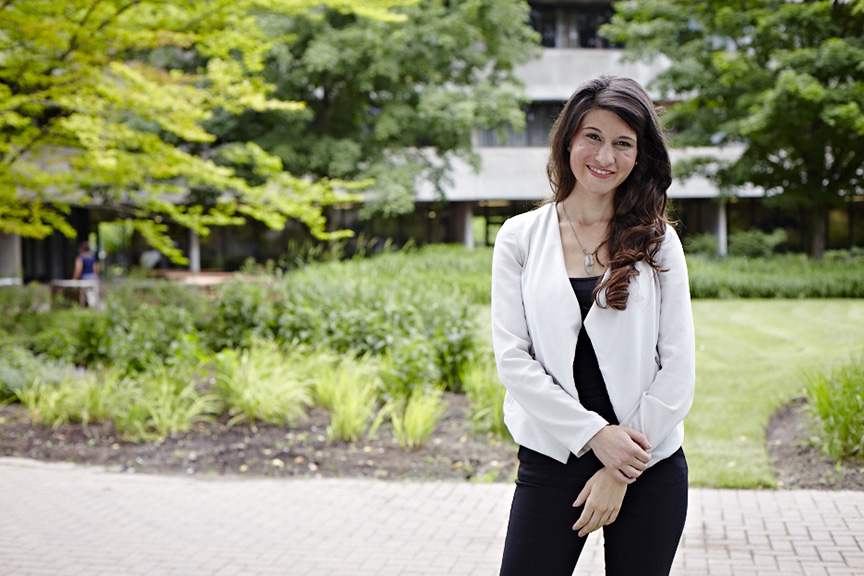Social Justice Education
Program Overview
Social Justice Education is a multi- and interdisciplinary graduate program leading to the Master of Arts (MA), Master of Education (MEd), Doctor of Education (EdD), and Doctor of Philosophy (PhD) degrees.
The program is offered by the Department of Social Justice Education at the Ontario Institute for Studies in Education (OISE), providing students with critical understandings of the social, historical, cultural, political, economic, and ethical contexts of education, broadly conceived. Based on the diverse intellectual traditions of the humanities and social sciences, the department is committed to multi- and interdisciplinary studies in education, with a focus on equity and social justice in educational studies from a variety of perspectives including history, philosophy, sociology, and social justice education.
Through humanities, social sciences, and/or social justice education, faculty and students may pursue studies including anti-racism, critical race theory, and Indigenous studies; aesthetics, media, and communication; feminist and gender studies; class and poverty studies; francophone studies; post-colonial, diaspora, and transnational studies; queer and disability studies; cultural and philosophical contexts in education; and democracy, ethics, and social class and/or may follow traditional disciplinary inquiry.
The department’s vision is to enable students to explore such questions as “What was, what is, and what should be the relationship between education and society?” and “What kinds of knowledge do educators need to answer those questions?” The department aims to provide graduate students and initial teacher education students with the disciplinary background, substantive knowledge, and theoretical language necessary to raise questions of critical importance to educational theory, practices, and society.
Quick Facts
| Domestic | International | |
|---|---|---|
| Application payment deadline | EdD, MA, MEd, PhD: Please see http://uoft.me/oisedeadlines for more information | EdD, MA, MEd, PhD: Please see http://uoft.me/oisedeadlines for more information |
| Minimum admission average | MA, MEd: EdD, PhD: | MA, MEd: EdD, PhD: |
| Is a supervisor identified before or after admission? | EdD, MA, MEd, PhD: Supervisor interest identified | EdD, MA, MEd, PhD: Supervisor interest identified |
| If a supervisor is identified after admission (as per question above), is admission conditional upon securing a supervisor? | EdD, MA, MEd, PhD: No | EdD, MA, MEd, PhD: No |
| Is a supervisor assigned by the graduate unit or secured by the applicant? | MA: Advisor assigned likely to be supervisor. After coursework completed, advisor either signs to be supervisor or helps student find thesis supervisor MEd:Advisor assigned for non-thesis M.Ed. Admission. No supervisor required for all coursework M.Ed. EdD, PhD:Advisor assigned likely to be supervisor. After coursework completed, advisor either signs to be supervisor or helps student find thesis supervisor | MA: Advisor assigned likely to be supervisor. After coursework completed, advisor either signs to be supervisor or helps student find thesis supervisor MEd:Advisor assigned for non-thesis M.Ed. Admission. No supervisor required for all coursework M.Ed. EdD, PhD:Advisor assigned likely to be supervisor. After coursework completed, advisor either signs to be supervisor or helps student find thesis supervisor |
| Are any standardized tests required/recommended? | EdD, MA, MEd, PhD: NA | EdD, MA, MEd, PhD: NA |

“My goal is to become a practising psychologist with strong skill sets as both a clinician and researcher.”
- Tara Gralnick
- PhD Candidate, Counselling & Clinical Psychology
